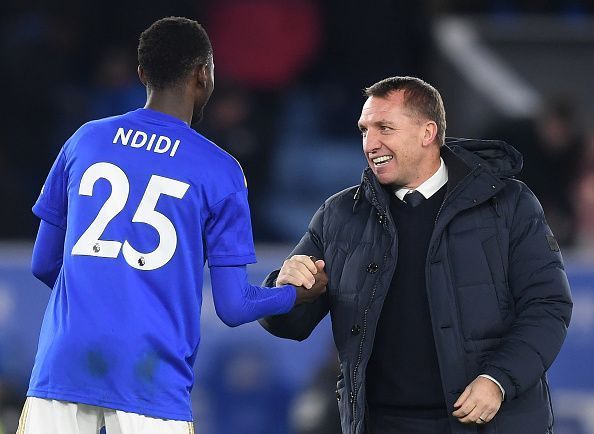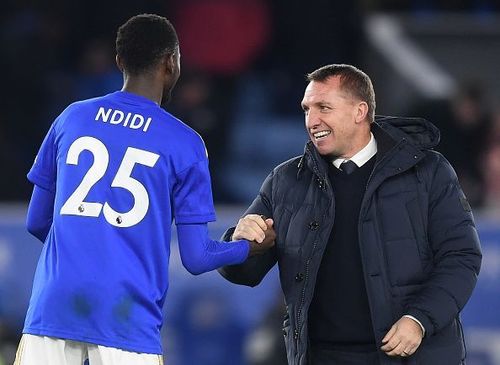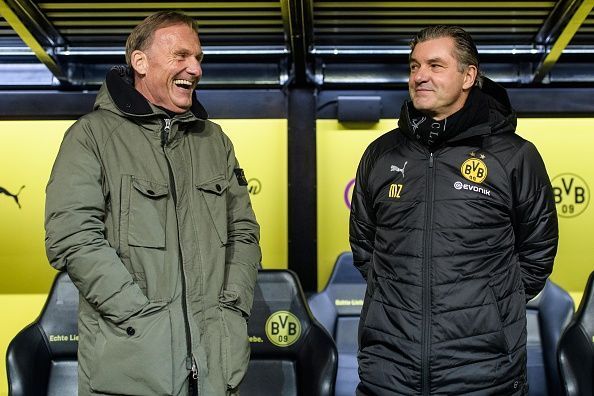
5 best managed projects in modern football
Modern football is more than just the players and the manager. While undoubtedly most of the magic happens on the pitch, there is a massive amount of work to be done off the pitch as well. From sponsorships and commercial relations to player contracts and transfers, most modern football clubs now have structures similar to multi-national corporations. When these activities are successful, it has a direct impact on the pitch and vice versa. There are also plenty of clubs that have failed to remain successful due to poor management in the boardroom. Some clubs have set themselves apart with how they operate as an entire footballing operation and these are the five most impressive ones.

#5 Leicester City
Leicester City's fairytale Premier League victory in the 2015-16 season may have come across as a fluke or a once-in-a-lifetime event but nothing could be further from the truth. Leicester are one of the best-run clubs in the world. The season before they won the league, they were nearly relegated. This led to the club re-thinking how they could operate intelligently given their financial constraints. The club's owner, Vichai Srivaddhanaprabha, who tragically passed away in 2018, increased his involvement in the club and to this day his son remains an active chairman of the club. Leicester City have one of the best scouting teams in the country. The club picked up N'Golo Kanté, Jamie Vardy, and Riyad Mahrez from the second division in France and England for a minimal amount. Kante, Mahrez and Danny Drinkwater were later sold for more than £ 135 million. Leicester are currently second in the league following a similar pattern. Talented youngsters like Ben Chilwell and James Maddison are at the heart of their resurgence led by the able Brendan Rodgers.

#4 Borussia Dortmund
Borussia Dortmund are a well-known club but Die Schwarzgelben nearly went bankrupt in 2003. This incident led to the club being restructured from top to bottom as well as setting certain principles and policies as the guidelines for the club to follow. Dortmund are aware that they cannot compete financially with Bayern Munich, yet since 2009, Dortmund have won the league twice, won various domestic cups and also made the Champions League final. Dortmund have a vibrant environment to develop young players. The scouting team and executive board are constantly looking for new and exciting talents to sign. From Reinhard Rauball, Hans Joachim Watzke and Michael Zorc, the board is extremely cohesive and supportive. The list of talents is endless. Mario Gotze, Marco Reus, and Robert Lewandowski are just a few of such youngsters who have made it big. Despite their constraints, Dortmund won two consecutive league titles from 2010-11 to 2011-12 with an exciting and youthful team comprising of largely unknown names. Their business model is equally successful with the club later selling these youngsters for huge profits. Dortmund are slowly becoming more capable in the transfer market but the policy remains the same. They only sign players who they know can help the team and do not sign players based on their name or reputation.